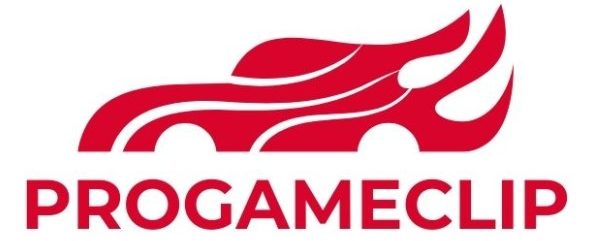Wastewater management has become a significant concern these days as the world is witnessing rapid urbanization, population growth, and industrialization. The traditional sewage system is facing challenges in treating and disposing of the wastewater effectively. Hence, there is a need for sustainable wastewater management solutions that can help us preserve our environment and meet the growing demand for clean water. In this blog post, we discuss one such solution – the Minireningsverk.
What is a Mini Sewage Treatment Plant?
A mini sewage treatment plant is a decentralized wastewater treatment system designed to treat domestic or small-volume industrial wastewater at the source. It is a prefabricated unit that can be easily installed in residential complexes, gated communities, small industries, and individual homes. Mini sewage treatment plants are environmentally friendly, low maintenance, and cost-effective solutions that can help in reducing the load on centralized sewage treatment plants.
How does a Mini Sewage Treatment Plant work?
A mini sewage treatment plant works on a similar principle as a conventional sewage treatment plant. It consists of three main stages – primary treatment, secondary treatment, and tertiary treatment.
Primary Treatment: In this stage, the wastewater is passed through a pre-treatment unit that removes large solid particles and separates oils and grease.
Secondary Treatment: The pre-treated wastewater is then transferred to the aeration tank where oxygen is supplied through diffusers that promote microbial activity. Micro-organisms present in the wastewater consume organic matter and convert it into carbon dioxide, water, and other harmless by-products.
Tertiary Treatment: The treated wastewater is subjected to tertiary treatment where advanced processes like filtration, disinfection, and deodorization are used to meet the desired water quality standards.
Advantages of Mini Sewage Treatment Plant:
1. Environmentally friendly: Mini sewage treatment plants use natural processes to treat wastewater, reducing the carbon footprint and conserving water resources.
2. Cost-effective: Mini sewage treatment plants are low-maintenance systems that require minimal energy consumption and minimal manpower for operation and maintenance.
3. Easy installation: Mini sewage treatment plants come in prefabricated units, making installation effortless and time-efficient.
4. Improved water quality: Treated wastewater from mini sewage treatment plants can be reused for irrigation, flushing, or groundwater recharge, reducing the pressure on freshwater resources.
5. Ideal for remote and rural areas: These plants are particularly useful in areas where centralized wastewater treatment is not possible, such as hilly terrains, remote locations, or rural areas.
Conclusion:
The mini sewage treatment plant is a sustainable solution that can help us tackle the challenges of wastewater management. It offers several advantages that make it an attractive alternative to traditional sewage systems. It is environmentally friendly, cost-effective, and ideal for remote and rural areas, making it one of the most sought-after sustainable solutions for wastewater management. As we aim to create a clean and green future for our planet, the mini sewage treatment plant offers a promising solution that is worth exploring.
